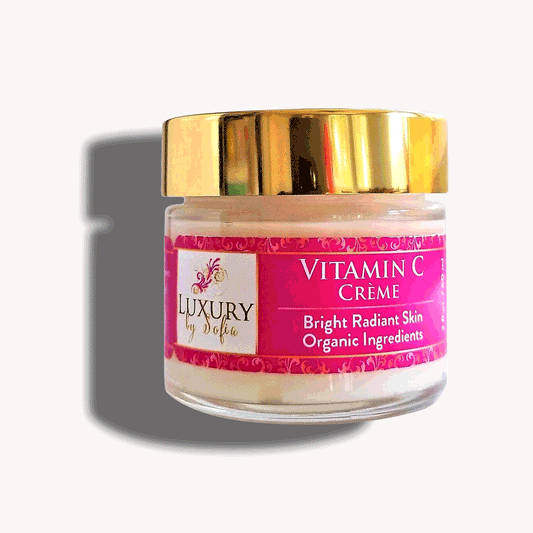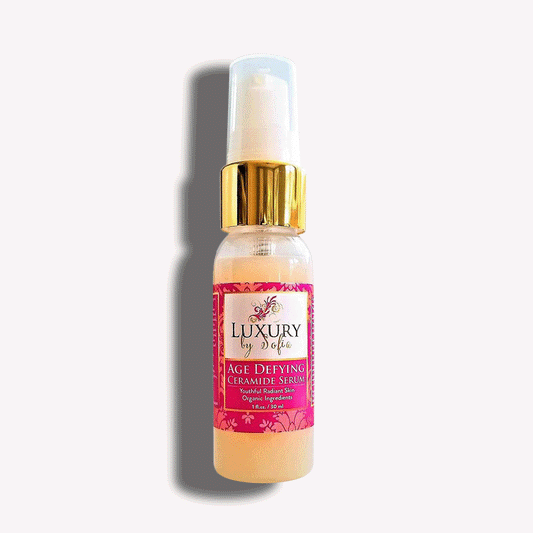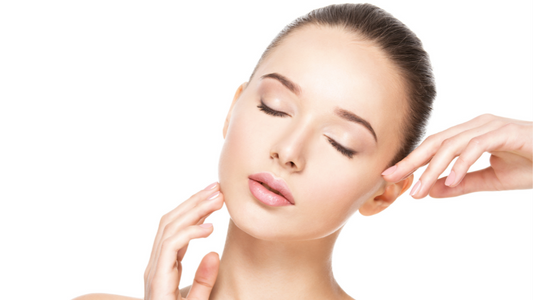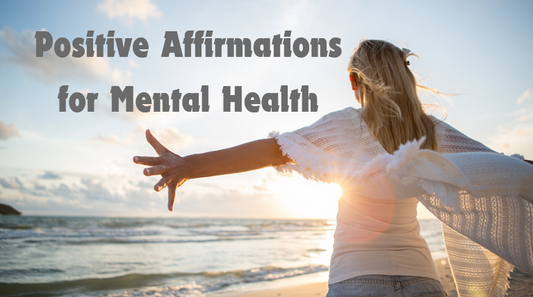Stress and anxiety can be overwhelming, but there are things you can do to help yourself feel better. We've put together a list of 10 natural remedies for stress and anxiety that will help you manage these feelings.

Relaxing Music
Listening to relaxing music can help reduce stress and anxiety. Try listening to meditative music, which is often instrumental, or music with a steady beat that you find relaxing. If you're having trouble falling asleep at night, try selecting some soothing melodies for your bedtime playlist.
Try using headphones when listening to relaxing tunes--this will help keep other people from being disturbed by the noise (and vice versa).
Meditation
Meditation is a great way to relax and reduce stress. It helps you focus your mind, which can help you sleep better, too. Meditation isn't just for monks who sit in lotus position all day; there are many different types of meditation that don't require any special equipment or clothing (you can even do it while walking), so anyone can learn how to meditate!
Massage
Massage is a relaxing and soothing technique that can help you feel less stressed. Massage therapy can be used to treat many different health conditions, including anxiety, depression, chronic pain and insomnia. A massage therapist will use their hands or tools such as rolling pins or stones to apply pressure to your body's muscles. This helps release tension in the body which reduces stress levels by releasing natural chemicals called endorphins into the bloodstream. If you're feeling anxious about something that happened at work or school today (or even yesterday), it might be worth scheduling an appointment with your local masseuse tonight!
Massage therapy has many benefits including:
- Relaxation -Massaging muscles helps them relax by increasing blood flow throughout the body so toxins are removed more efficiently from tissues.
- Pain relief -Massaging sore areas relieves tension caused by injury or illness.
- Sleep improvement -Massaging before bedtime helps some people fall asleep faster because they're not thinking about anything else besides how good it feels.
- Stress reduction -When we're stressed out over something specific like work deadlines coming up fast then massage therapy may not be enough alone but if we have chronic anxiety issues then this treatment could really benefit us greatly."
Yoga
Yoga is a great way to relax, clear your mind and relieve stress and anxiety. It can also help you sleep better and feel more positive.
Yoga involves physical poses (asanas) combined with breathing exercises (pranayama). There are many different types of yoga, but all forms involve moving slowly from one pose to another while focusing on your breathing or counting breaths in order to bring about relaxation.
In addition to the physical benefits of this ancient practice, there are many mental ones too: yoga helps us become more mindful by helping us focus on what's going on inside our bodies instead of letting our thoughts wander elsewhere; it teaches us how to control our emotions so we're less likely than usual when something upsets us; it teaches self-acceptance - both physically speaking as well as being able to accept who others may judge themselves as being less than perfect too!
Eat Healthy Foods
- Eat a balanced diet.
- Avoid junk food.
- Eat plenty of fruits and vegetables.
- Eat whole grains, like brown rice or quinoa, instead of white flour products like breads and pasta that are high in carbohydrates (carbs). Carbohydrates break down into sugar in your body which can cause fluctuations in energy levels throughout the day if you aren't active enough to burn them off quickly enough. This could lead to anxiety as well as make it harder for you to fall asleep at night because these foods have high glycemic indexes (a scale used to measure how quickly blood sugar rises after eating). If you eat too much processed sugar regularly it can also cause depression symptoms such as irritability, mood swings, fatigue or low self-esteem; all things that can trigger stress responses!
Get Enough Sleep
Getting enough sleep is one of the most important things you can do to manage stress and anxiety. Sleep helps your body recover from the day's wear and tear, so it's crucial to make sure you're getting enough rest.
But how much do we really need? The National Sleep Foundation recommends 7-9 hours per night for adults aged 18-60; however, this number may be different for each person depending on age and fitness level. If you're having trouble falling asleep or staying asleep, consider making an appointment with a doctor who specializes in sleep disorders (called a "sleep physician") for an evaluation - they might be able to help identify what's causing your problem so that it can be treated appropriately.
Laugh More Often
Laughter is the best medicine. We all know that, right? No need to explain further!
So how exactly can laughter help you feel less stressed and less anxious?
Well, when you laugh, it triggers the release of endorphins--the body's natural painkillers. Endorphins will help alleviate any physical pain or discomfort that may be contributing to your stress levels by making them seem less severe than they actually are. On top of that, laughing can make us feel better about ourselves and our circumstances because laughter makes us more positive in general (and we all know how important positivity is).
Sweat It Out With Exercise
Exercise is a great way to reduce stress. When you exercise, your body releases endorphins, which are hormones that help make you feel better and stronger. Endorphins also contribute to a better night's sleep and help energize you in the morning. In addition to improving sleep patterns and moods, regular exercise can lower blood pressure and cholesterol levels while building muscle mass (which makes it easier for people with chronic pain conditions like fibromyalgia).
Spend Time In Nature
- Listen to the sounds of nature.
- Look at the beauty of nature.
- Take a walk in nature, where you can enjoy all these things, as well as get exercise and fresh air!
- Do activities in nature with friends or family members that you enjoy doing together, like going camping or hiking a trail (or even just sitting on top of a hill), playing games outside like Frisbee golf or badminton (or even just throwing rocks into ponds), picnicking near waterfalls, the options are endless! You could even go visit one of those "escape rooms" where there's an entire room full of puzzles for you and your friends/family members to solve together--this would be perfect if someone was feeling stressed out from work because it would give them something fun but still mentally challenging enough where they'll feel accomplished once they figure out how everything works together correctly within each individual puzzle set up by designers who created these specific scenarios specifically designed so that people could learn from their mistakes after failing multiple times before finally succeeding!
Get Professional Help When You Need It Takeaway: Practicing Self-Care Is The Best Way To Manage Stress And Anxiety
The best way to manage stress and anxiety is by practicing self-care. Self-care is not selfish; it's an important part of living a healthy life that can benefit you and those around you. There are many different ways that people take care of themselves, but here are some ideas:
- Take time for yourself each day
- Get enough sleep
- Do something fun every week (a movie night with friends or a weekend trip)
Conclusion
If you are suffering from stress and anxiety, it is important that you seek professional help. The best way to manage these symptoms is by practicing self-care and getting professional help when needed.













